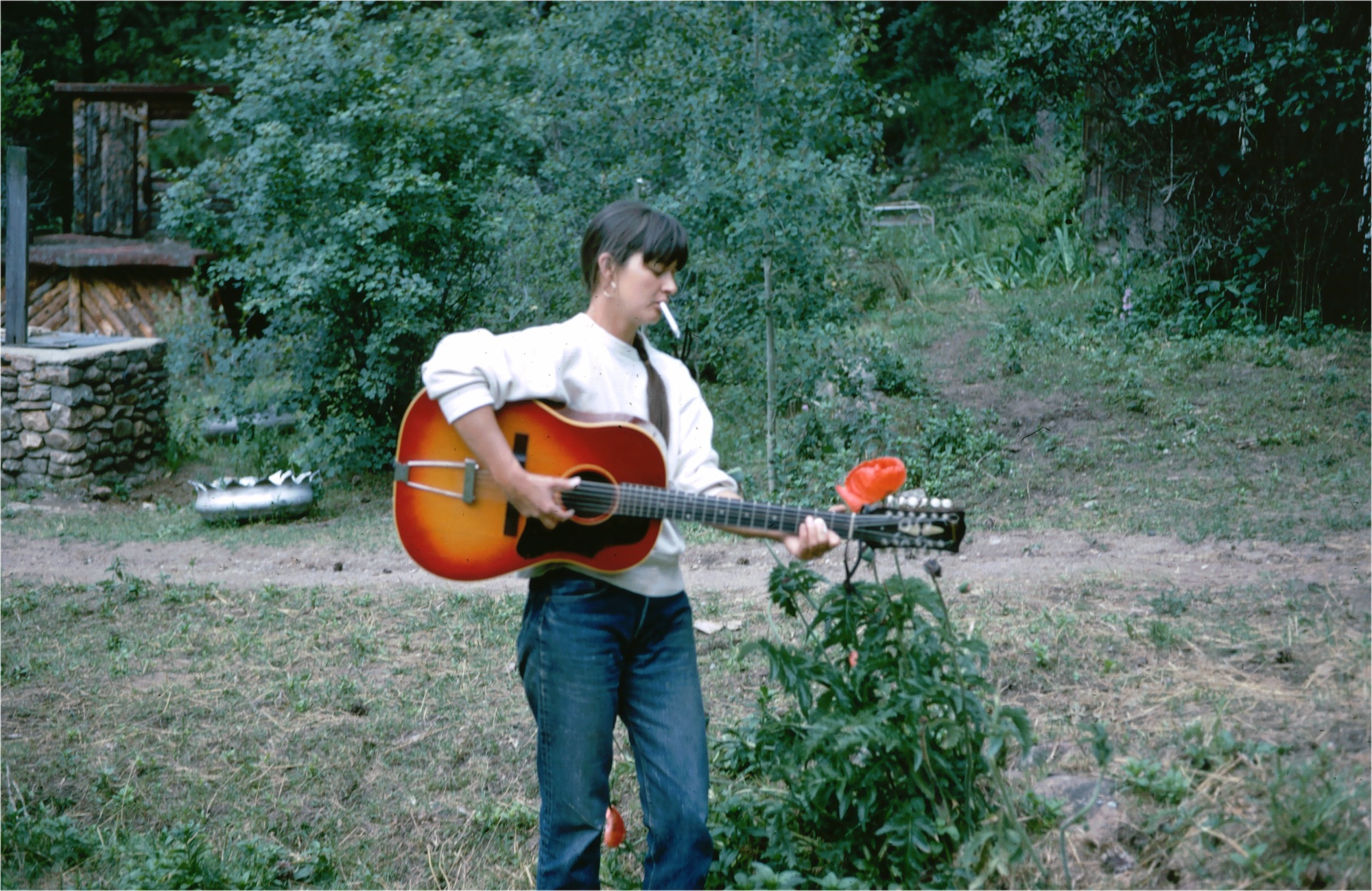To understand what Pete Seeger represented, you might start with the most powerful song in his repertoire. “Nobody knows exactly who wrote the original,” the folk singer, who died on January 27 at age 94, said of “We Shall Overcome,” the gospel-based song that would become a hymn of the ’60s civil rights movement; Martin Luther King Jr. recited it in the final sermon before his assassination. Seeger learned an earlier version from a Zilphia Horton, the music director of Tennessee’s Highland Folk School, who learned it from Lucille Simmons, a striking tobacco worker in South Carolina. The late singer and activist updated the words and shares the copyright, but the royalties go to a fund benefiting African-American organizers in the South.
As the New York Times reports, Seeger viewed himself as belonging to a living folk culture, where music is passed down, updated, and sharpened over time. “My job,” he’s quoted as saying in 2009, “is to show folks there’s a lot of good music in this world, and if used right it may help to save the planet.” That’s a testament to the deep link Seeger felt between folk songs and social activism. His causes ranged from the labor movement to civil rights, anti-war causes, and environmentalism; he tended to play a 12-string guitar or five-string banjo, and sang in an lively tenor.
Seeger’s music gives only one measure of his influence. He was a key figure in the folk revival documented in last year’s Inside Llewyn Davis, and as a member of the Weavers he co-wrote “If I Had a Hammer” and cracked No. 1 with a cover of Lead Belly’s “Goodnight, Irene.” His own “Where Have All the Flowers Gone?” turned into a ’60s antiwar anthem with a little help from Peter, Paul, and Mary. (Seeger’s anti-Vietnam War song “Waist Deep in the Big Muddy” was initially censored by the executives at TV’s The Smothers Brothers Comedy Hour in 1967, though the show’s hosts got him back to play it on the air in 1968.) His musical arrangement for a Bible passage went to the top of the charts in 1965, when it was covered as folk-rock by the Byrds.
Bob Dylan was among those who learned under Seeger in the ’50s and ’60s. Bruce Springsteen covered Seeger’s songs for 2006’s We Shall Overcome: The Seeger Sessions, and at a 2009 Madison Square Garden concert described Seeger as “a living archive of America’s music and conscience, a testament of the power of song and culture to nudge history along.” Springsteen and Seger performed Woody Guthrie’s “This Land Is Your Land” at President Barack Obama’s inaugural in 2009, singing even the verses that have often been left out as too politically controversial. President Bill Clinton, who presented Seeger with the National Medal of Arts in 1994, called him “an inconvenient artist who dared to sing things as he saw them.” The singer won a lifetime achievement Grammy award in 1993, but he continued working into this past decade; he was nominated in a spoken-word category at last weekend’s Grammy Awards.

Also Read
Karen Dalton: We Hardly Knew Ya
The earnestness and traditionalism of Seeger’s approach did have its detractors, even from those who weren’t necessarily his political opponents — in this magazine in 1994, pioneering folk guitar hero John Fahey said: “I remember when you’d go into a folk store, there’s always be a big sign up, ‘SHOULD PETE SEEGER GO TO JAIL?’ I’d always say, ‘Absolutely. Because he sings such lousy music.” The debates over the role of politics in music, and of creative recycling in the marketplace, continue today. But tributes from other musicians have poured on Twitter in for Seeger since word of his passing at New York hospital from natural causes, with Rage Against the Machine’s Tom Morello calling him, “Absolutely the best that humans can aspire to be. A courageous, kind, fearless soul.” As Studs Terkel once wrote in The Nation, “There ain’t no one like him.”
//www.youtube.com/embed/Rl-yszPdRTk




